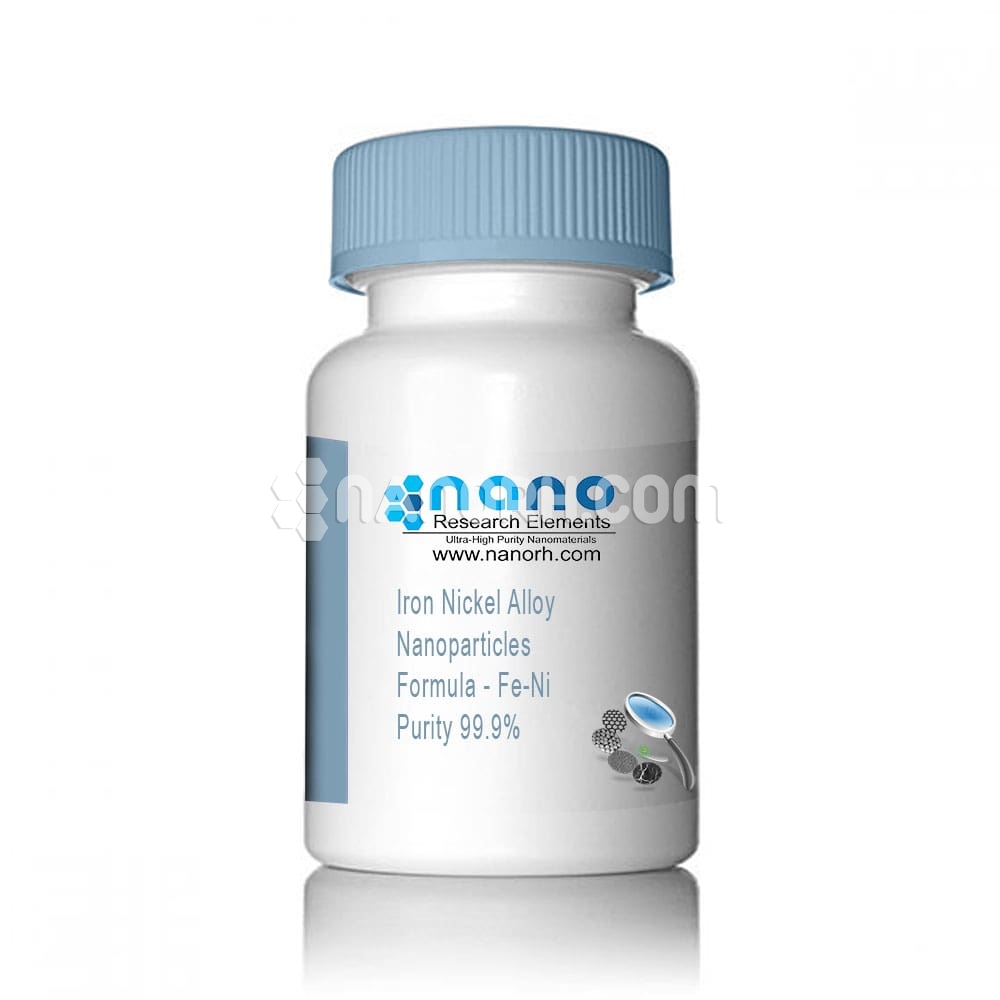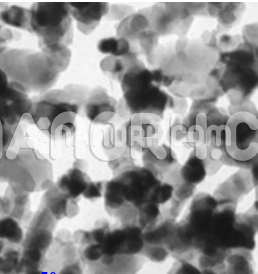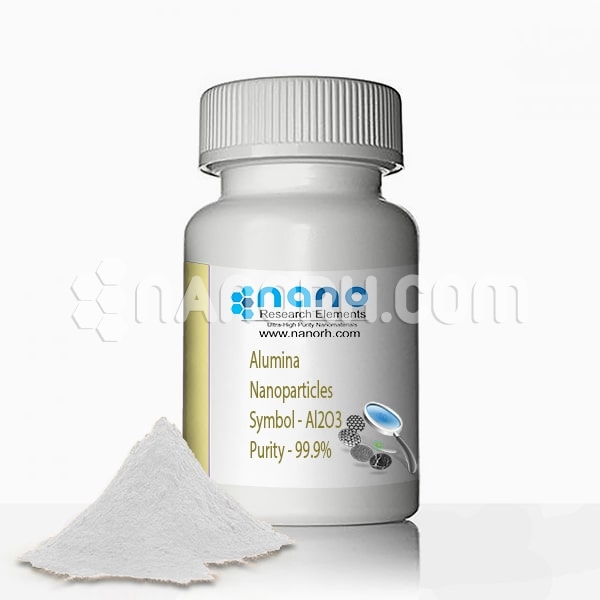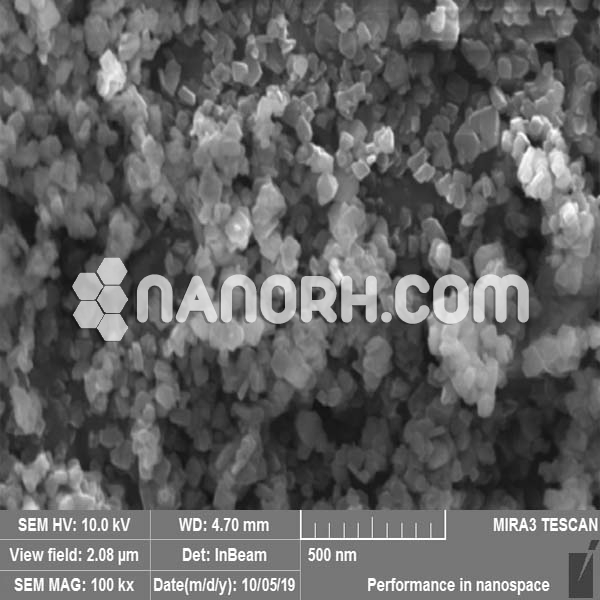| Fe-Ni Alloy Nanoparticles | |
| Product No | NRE- 2021 |
| CAS No. | 7439-89-6/7440-02-0 |
| Formula | FeNi |
| APS | <100nm (Can be Customized) |
| Purity | 99.9% |
| Color | Black Grey |
| Molecular Weight | 114.5384 g/mol |
| Density | NA |
| Melting Point | NA |
| Boiling Point | NA |
Fe-Ni Alloy Nanopowder
Applications
Magnetic Applications:
Magnetic Data Storage: Fe-Ni alloy nanoparticles are highly useful in the development of high-density data storage devices. Their magnetic properties make them ideal candidates for use in devices such as hard drives, magnetic random access memory (MRAM), and other data storage technologies.
Magnetic Sensors and Actuators: Fe-Ni nanoparticles are used in magnetic sensors, positioning systems, and magnetic actuators due to their strong and tunable magnetic properties. They are also used in magnetic resonance imaging (MRI) for biomedical diagnostics.
Energy Storage and Conversion:
Batteries: Fe-Ni alloy nanoparticles are incorporated into nickel-iron (Ni-Fe) batteries, which are known for their long cycle life and durability. These batteries are used in energy storage applications, such as in renewable energy systems, off-grid power systems, and backup power systems.
Supercapacitors: Fe-Ni nanoparticles are used in supercapacitors, where they improve energy storage and rapid charge-discharge cycles. The high surface area of the nanoparticles allows for increased charge density and faster energy delivery.
Fuel Cells: Fe-Ni nanoparticles are also employed as catalysts in hydrogen fuel cells, where they help facilitate the electrochemical reactions that convert hydrogen into electricity. This makes Fe-Ni alloy nanoparticles useful in clean energy and sustainable technologies.
Catalysis:
Hydrogenation and Dehydrogenation Reactions: Fe-Ni alloy nanoparticles are employed in various catalytic processes, including hydrogenation (adding hydrogen to unsaturated molecules) and dehydrogenation (removing hydrogen from molecules). These reactions are essential in the petrochemical industry and chemical synthesis.
Environmental Catalysis: Fe-Ni nanoparticles are used in environmental remediation, such as in the removal of pollutants from industrial exhaust gases and wastewater treatment. Their catalytic properties help break down harmful chemicals like organic solvents, toxic gases, and heavy metals.
Methanation and CO2 Reduction: Fe-Ni nanoparticles play a role in methanation and CO2 reduction reactions, which are critical for converting CO2 into useful fuels and mitigating the effects of greenhouse gases.




